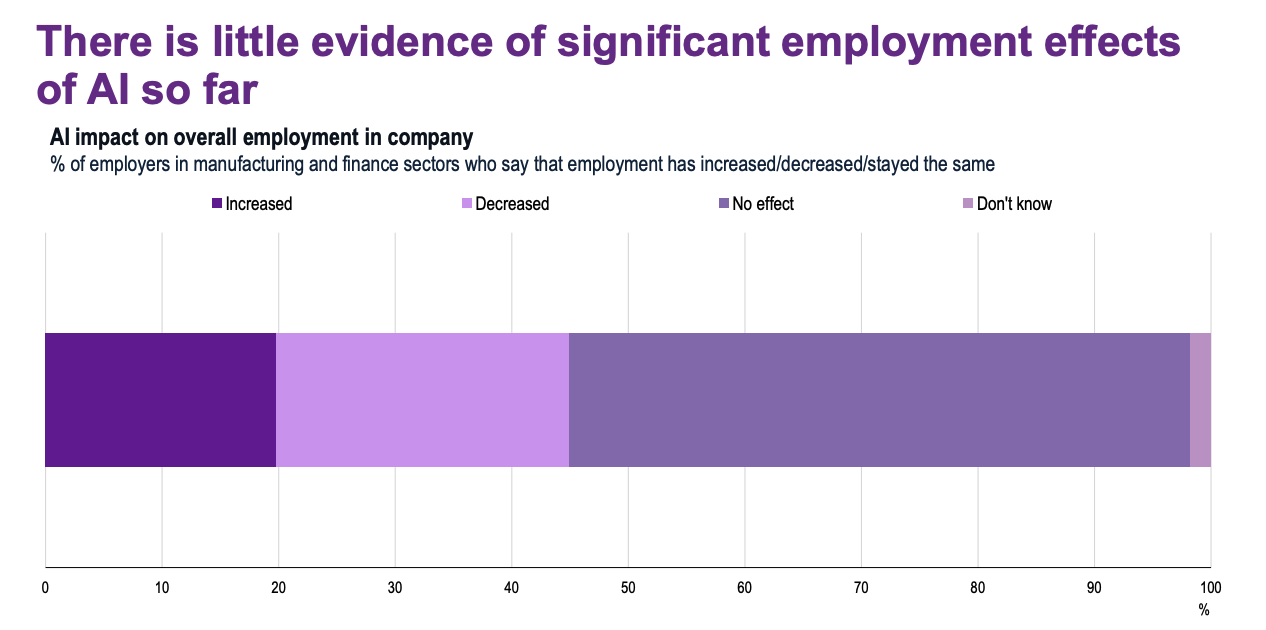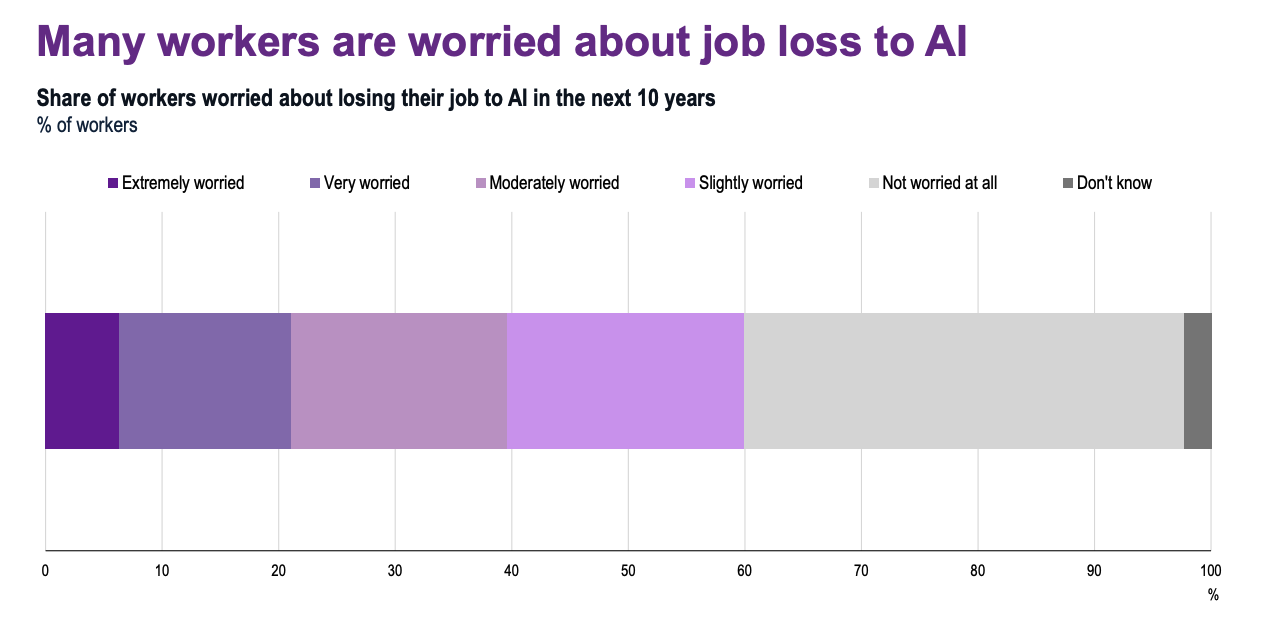
The Organization for Economic Cooperation and Development has stated that developed economies are on the verge of an AI ‘revolution’ due to the falling costs of the technology and the increasing availability of workers with AI skills.
At the same time it outlined in its OECD Employment Outlook 2023 report the technology’s large potential for disintermediation in the labour market and the need for workers to develop new skills.
“The recent acceleration of generative AI related developments and tools marks a technological watershed with material implications in many workplaces,” OECD Secretary-General Mathias Cormann said.
The Paris-based organisation urged its members to prepare for the potential adverse consequences from the widespread adoption of AI and to ensure that the benefits of the technology do not outweigh the risks.
Cormann said, “There is a real need to consider longer term policy frameworks on the use of AI in the workplace and to continue to foster international cooperation to maximise the benefits while appropriately managing the downside risks.”
Occupations classified to be at highest risk of automation account for about 27% of overall employment, according to the Employment Outlook. Low and middle skilled jobs are most at risk, including in construction, farming, fishing, and forestry, and to a lesser extent in production and transportation.
High-skill occupations, despite being more exposed to recent progress in AI, face the least risk of automation, the OECD report said.
The Outlook included the results of a cross-country survey of the impact of AI in the labour market in the financial and manufacturing sectors in seven countries.

The results showed that so far there is little evidence of a negative employment impact in firms that adopt AI. Workers and employers reported that AI can reduce tedious and dangerous tasks, leading to greater worker engagement and physical safety.
However, the survey found that three in five workers are worried they may lose their job entirely to AI in the next 10 years. A similar share is concerned that wages in their sector would decrease because of AI.
Three in four workers said AI had increased the work pace and more than half are concerned about privacy.

The Employment Outlook highlighted that as rapid AI development and adoption will make certain skills obsolete, new skills will be needed.
Especially low-skilled, older workers, but also higher skilled workers, will need training. The OECD called on governments to encourage employers to provide more training, integrate AI skills into education, and support diversity in the AI workforce.
At the same, the report emphasised the need to gather new and better data on AI uptake and use in the workplace, including which jobs will change and how skill requirements are shifting.
The OECD said, there is also an urgent need for policy action to address the risks that AI can pose when used in the workplace – in terms of privacy, safety, fairness and labour rights – and to ensure accountability and transparency for employment-related decisions supported by AI.
Policy approaches should be coordinated internationally, the Outlook report said, to avoid regulatory gaps that might lead to a race to the bottom.
The report pitched the analysis of the impact of AI against the backdrop of a continuously tight labour market. It noted that employment has fully recovered since the COVID-19 crisis and unemployment is at its lowest level since the early 1970s.
However, it highlighted that increases in nominal hourly wages have not kept up with inflation, resulting in a drop in real wages in almost all OECD countries.


